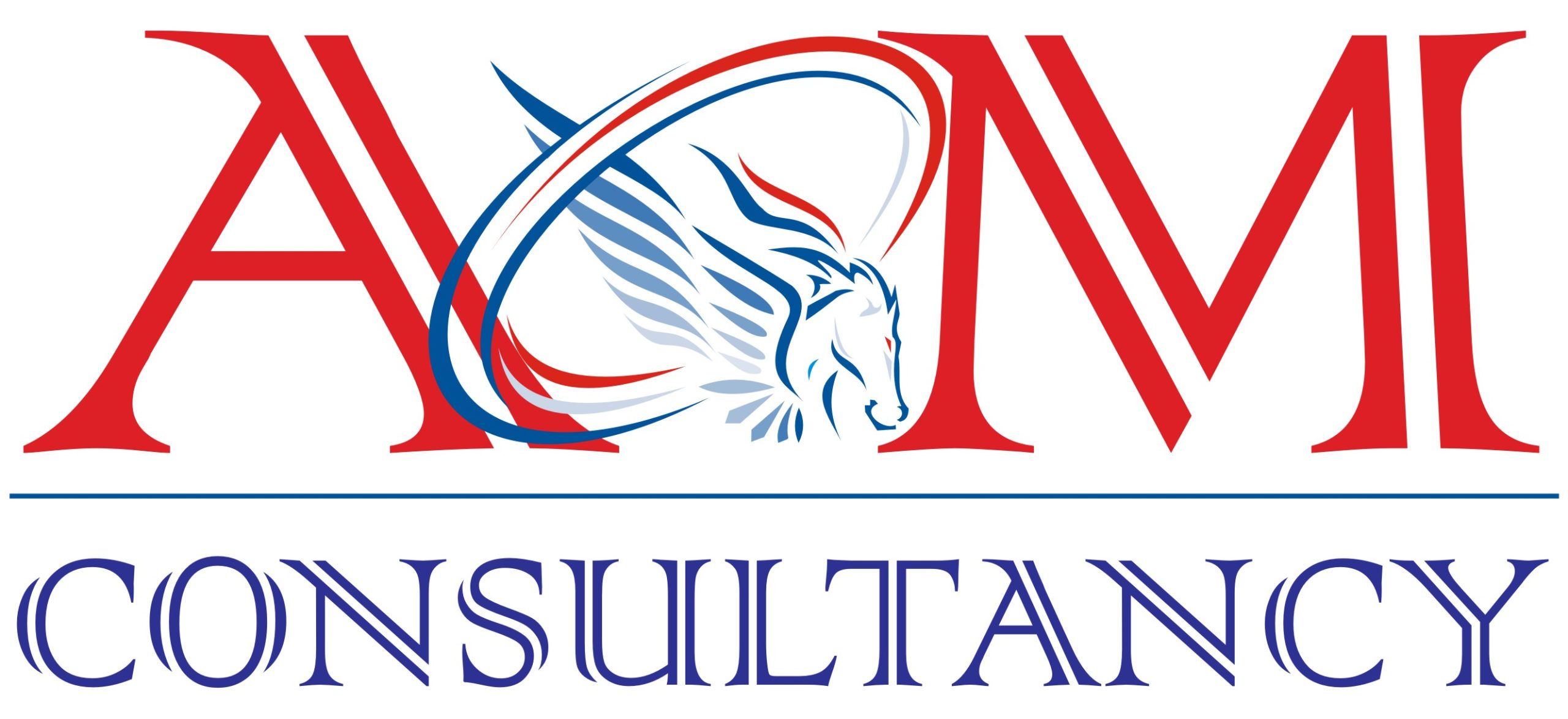Cargo crime is one of the biggest supply chain challenges for manufacturers of high value, high risk products and their logistics service providers.

The Transported Asset Protection Association (TAPA) represents businesses fighting back against cargo crime that want to use real-time intelligence and the latest preventive measures to protect goods in the supply chain. TAPA is a unique forum that unites global manufacturers,logistics providers, freight carriers, law enforcement agencies, and other stakeholders with the common aim of reducing losses from international supply chains.
The mission is to help protect the assets and minimise cargo losses from the supply chain. TAPA achieves this through the development and application of global security standards, recognized industry practices, technology, education, benchmarking, regulatory collaboration, and the proactive identification of crime trends and supply chain security threats.
TAPA Security Standard (FSR) have been established to ensure the safe and secure storage handling
of any TAPA member’s (Buyer’s) assets throughout the world. The Facility Security Requirements (FSR) represents minimum standards, specifically for secure warehousing, or in-transit storage, within a supply chain.
The successful implementation of the TAPA Security Standards is dependent upon LSPs. The safe and
secure transportation, storage and handling of the Buyer’s assets is the responsibility of the LSP, its agents and subcontractors, throughout the collection, transit,storage and delivery to the recipient, as specified in a release or contract.
The FSR is a global standard and all sections of the standard are mandatory unless an exception is granted via the waiver process. “The TAPA-FSR may apply to
• any, or all locations within the global supply chain depending on risk and/or Buyer or LSP
requirements, etc.
• LSP owned or operated facilities
• Buyer owned or operated facilities
The LSP shall ensure an IAB, trained/qualified on the current FSR, is engaged to complete the audit and certification process. The LSP facilities are classified into one of three FSR levels : A, B, C.
“A” being the highest security level and “C” the lowest.
LSPs or Buyers may decide to become classified at a lower level to begin with, and then progress to B
or A level as improvements are made to the facility. Additionally, as negotiated between Buyer and LSP, facilities located in high risk countries may be classified at level A while all other countries are classified at B, or C, level.
Certification Audit: IAB / Authorized Auditor Certification audit conducted 1st year, valid for three years, then re-certification is required. Subcontractors that are not TAPA certified must be audited in accordance with the Buyer–LSP contract.
Role of Consultant from Anubrata Quality Management & Consultancy Services Private Limited
- Our Consultants provide facilitation services to clients/LSPs for developing the documentation system and provide implemenation guidelines as per TAPA-FSR standard requirements.
- Conducting GAP Audit on Client’s request.
- Provide support in the development of Policy’s and Procedures as per TAPA-FSR Standard requirements.
BENEFITS OF TAPA FSR
Benefits of TAPA Standards
- Protect TAPA members
- Supports Supply Chain Security
- Boost TAPA members’ productivity by reducing losses
- Enable TAPA members more competitive
- The Standards are aligned across the world
- Standard complement Customs Security Programmes
TAPA Certification and the benefits
- Demonstrates to your customers, competitors, suppliers, Government Agencies, employees and investors that you use industry-respected best practices.
- Helps you to demonstrate to stakeholders that your business is run securely and effectively
- The process of achieving and maintaining the certification also helps ensure that you are continually improving and refining your activities, reducing losses, improving operational performance and savings hidden cost. The regular assessment process will improve staff responsibility, commitment and motivation.
- Certification can improve overall performance, remove uncertainty and widen market opportunities such as the high value logistics supply chain
- Promoting your TAPA certified Secure and safe Warehouse, Cargo Handling to customers and other stakeholders can also have significant benefits for your business.
- TAPA Members experince a significant reduction in losses over non TAPA member
